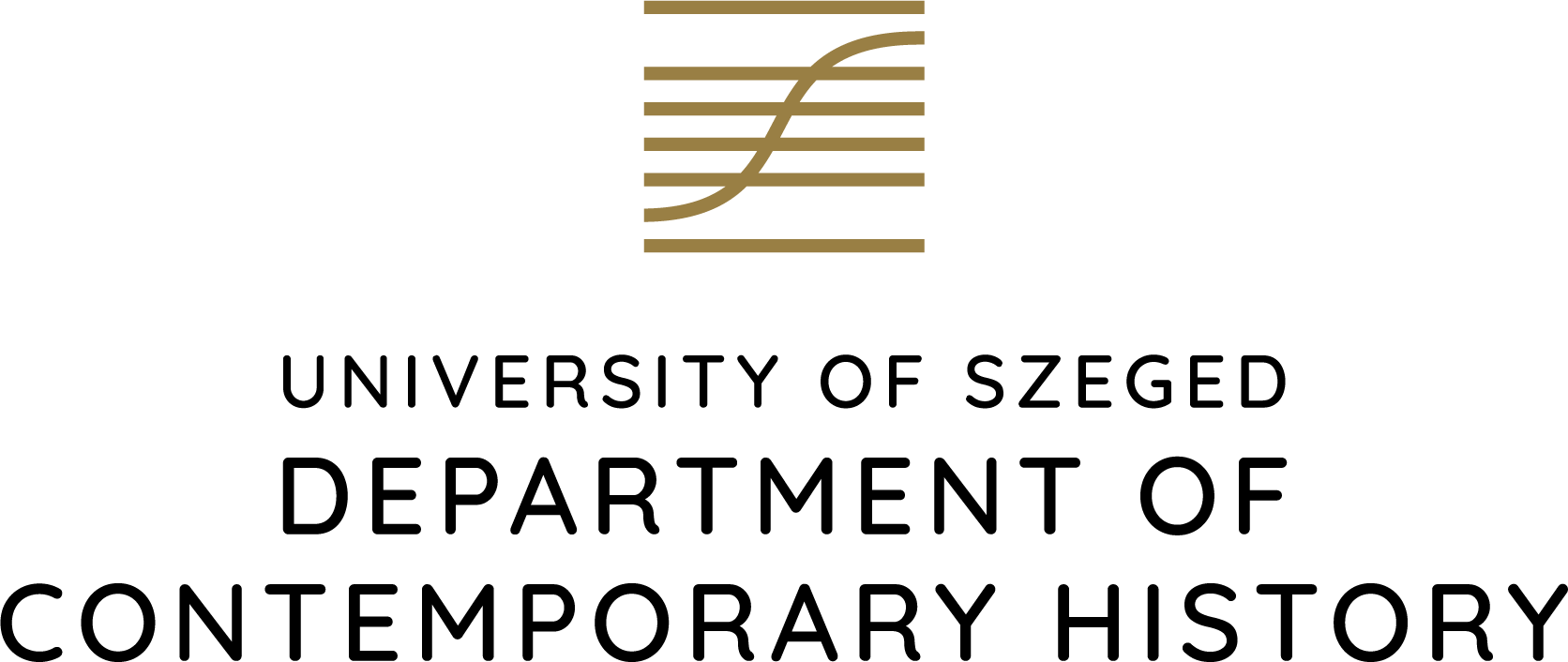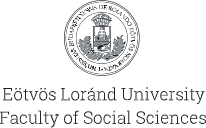
Béla Tomka on BBC World Service and BBC Podcast
Our colleague, Béla Tomka has been invited as an expert to the BBC World Service’s The Forum program, entitled “The worst inflation in history”. The discussion will be broadcast at the end of January by the BBC worldwide and by BBC4 in the UK. After being aired, the conversation will be uploaded to the BBC podcast series and can be listened to here.
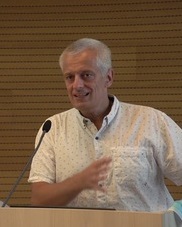
Zsombor Bódy promoted to full Professor
Taking effect from January 1, 2023, President of the Republic Katalin Novák promoted Zsombor Bódy (member of our research group, the Institute of Sociology and the Department of Comparative Historical Sociology at Eötvös Loránd University) to full Professor. Congratulations!
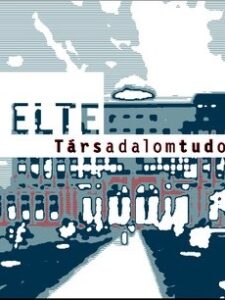
Globalization processes in the 19th−21st centuries
In the fall semester of 2022 Katalin Baráth, Gábor Koloh, Péter Nagy, and Márton Simonkay held a seminar, entitled Globalization processes in the 19th−21st centuries for sociology majors at the Department of Comparative Historical Sociology at the Eötvös Loránd University (ELTE), Faculty of Social Sciences. The course discussed the political, economic, environmental, cultural, and demographic issues of globalization. To be continued!
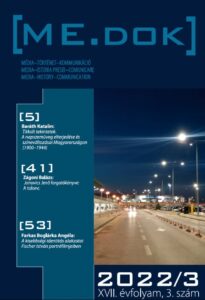
Global diffusion of an object
Katalin Baráth’s new study entitled “Hidden gazes: The spread and colour changes of sunglasses in Hungary (1900-1944)” has been published in ME.dok 2022, issue 3. The study traces the growing popularity of
sunglasses along with their changing meanings, and considers this process in the context of mass culture and transnational diffusion processes.
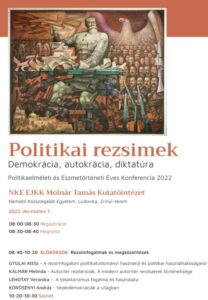
Hybrid systems: globality and historicity
Melinda Kalmár participated at the conference entitled Political regimes. Democracy, Autocracy, Dictatorship, which took place at the Thomas Molnar Institute for Advanced Studies, University of Public Service. She gave a presentation entitled Authoritarian resilience. The Historicity of Modern Authoritarian Regimes. She emphasized that the combined investigation of the temporal/historical and spatial/global interconnections of the 20th-century centralizing systems could contribute to understand better how diverse contemporary authoritarian regimes function.
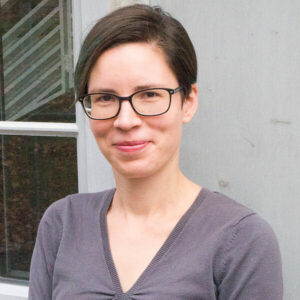
New colleague in the research group
Réka Krizmanics has joined the group as an external member. She is an assistant professor at University of Bielefeld and holds a Walter Benjamin-Position funded by the DFG. Prior to that, she worked as a postdoctoral researcher at the Imre Kertész Kolleg in Jena and as a fellow at GESIS (University of Leipzig). Her research interests include women’s history under state socialism and the globalization of Eastern Europe in the second half of the 20th century.

Football and globalization
Katalin Baráth gave a presentation at the Sports and Politics in the 20th Century conference, organized by the Institute of Political History and the CEU Democracy Institute, entitled „There is no ‘ours’ anymore”: a history of football and globalization, with a Hungarian accent. She pointed out what new opportunities research into the history of globalization offers for a historical approach to sport, including football. In addition to this, she discussed how Hungarian football joined the global network of football.

Research trips to Leipzig
In cooperation with the Leibniz Institute for the History and Culture of Eastern Europe (GWZO) in Leipzig, our colleagues can take part in two-week study trips. The first was Márkus Keller in May, followed by Katalin Baráth in October and Péter Bencsik in November. To be continued during the spring.
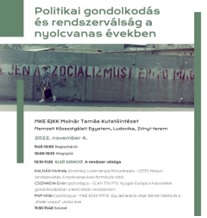
Visions of the future in the global coordinate system
Melinda Kalmár gave a lecture, entitled Long regime change. Formative Visions of the Eighties at the conference, Political Thought and System Crisis in the 1980s, organized by the Thomas Molnar Institute for Advanced Studies, University of Public Service. The presentation emphasized that the regime changes in East-Central Europe were not isolated phenomena as the crisis as well as the compulsion to transform can be traced back to decades-long global impulses.
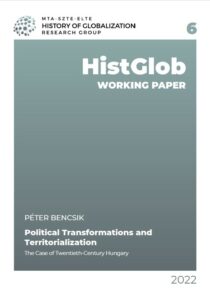
Transformations and territorialization
Péter Bencsik’s paper, entitled “Political Transformations and Territorialization: the Case of Twentieth-Century Hungary”, has been published in our Working Paper series. The study shows the impact of political transformations on the process of territorialization through the example of 20th century Hungary.


